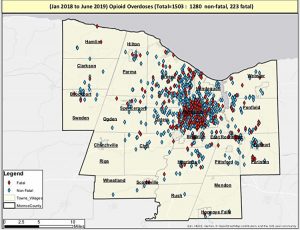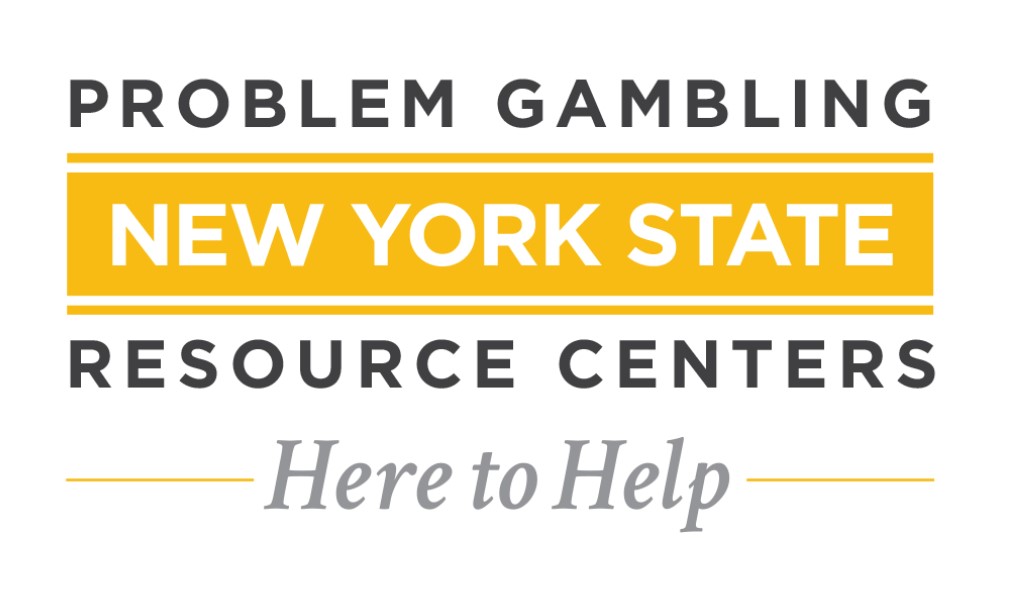Monroe County Sheriff’s Office examines true cost of an opioid overdose
 The opioid crisis does not discriminate and knows no boundaries. It is every community; people of all ages, genders, races, ethnicities, faiths, social and economic classes are affected.
The opioid crisis does not discriminate and knows no boundaries. It is every community; people of all ages, genders, races, ethnicities, faiths, social and economic classes are affected.
In 2010, the United States began to experience a rapid increase in overdose deaths related to heroin. In 2013, there was a significant increase in overdose deaths involving synthetic opioids, particularly those related to fentanyl. In fact, according to the Centers for Disease Control, in 2018, on average 130 Americans died each day as a result of an opioid overdose.
The opioid epidemic in Monroe County followed the pattern of the rest of the country. In 2018, with the creation of the Monroe County Heroin Task Force tracking the number of opioid overdoses for the first time using real-time data, there were 1133 overdoses recorded with 166 of them being fatal.
A snapshot of the Monroe County Heroin Task Force 18-month Progress Report, from the time period of January 2018 through June 2019, revealed 1503 total overdoses with 233 of them being fatal. (See pin map)
In an effort to measure and evaluate opioid deaths, Monroe County Sheriff Todd K. Baxter tasked MCSO trainee and RIT student Taylor Alloco with calculating the cost of an opioid-related fatality. From a law enforcement perspective, MCSO examined the cost of an overdose in terms of police, fire and EMS response. If the overdose was fatal, MCSO looked at additional responses, such as technicians, to process the crime scene, as well as the Monroe County Medical Examiner’s Office and its lab testing.
In turn, if an individual was prosecuted as it relates to the overdose, MCSO factored in the costs to prosecute the individual, including the court costs, and the cost of housing an inmate.
As a result of her research, Ms. Alloco determined a non-fatal opioid overdose cost approximately $1,967 in salaries for first responders and investigators, as well as the equipment utilized to the save an individual’s life. MCSO chose to use $2,000 as an average cost of a hospital visit for an overdose, knowing that if there are complications, the cost could rise significantly.
A fatal overdose, according to the research, costs approximately $3,870 in first responder, investigator, and Medical Examiner’s Office salaries.
When it comes to arrests and court proceeding costs based on 94 arrests in 2018, the research showed it costs an average $1,380 to prosecute an individual. The cost of incarcerating an arrestee is approximately $130 per day, and the average stay for an individual arrested for these types of crimes is 114 days. Thus the cost associated with housing these individuals averaged $1,398,823.40.
With these parameters set, MCSO based its estimation on the only full year of data since the inception of the Monroe County Heroin Task Force, that being the year 2018. Considering the combination of all overdoes, fatal and non-fatal, as well as Narcan and hospital stay costs, including the 94 cases in which individuals were charged, MCSO estimates opioid overdoes in Monroe County in 2018 cost taxpayers an astounding $6,396,087.10.
“This number is astronomical and should shake and anger every taxpayer in Monroe County,” said Monroe County Sheriff Todd K. Baxter. “Furthermore, it should move and motivate every single one of us to get involved and have a stake in putting an end to this devastating epidemic. I cannot emphasize enough, you can never put a price on life. Every life is invaluable. There is, however, a very real and expensive price tag on the cost of the opioid crisis in dollars and cents.”
The Monroe County Sheriff’s Office believes the key to a solution is prevention, and the Monroe County Heroin Task Force will not let up on its three-pronged approach: enforcement, education and recovery.
Provided information





